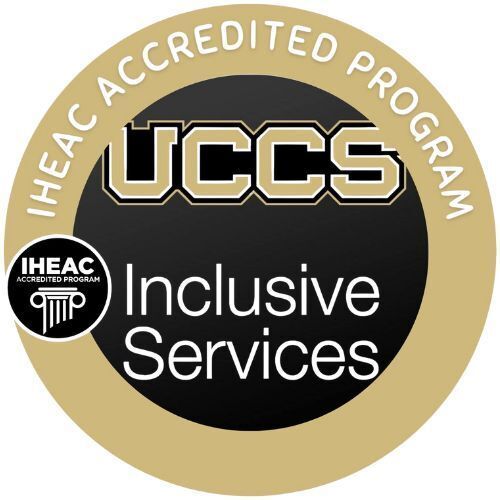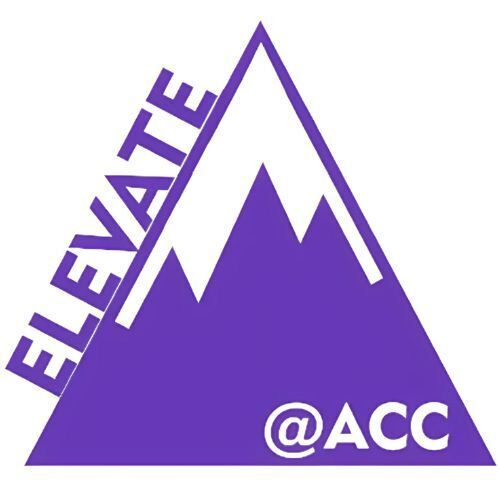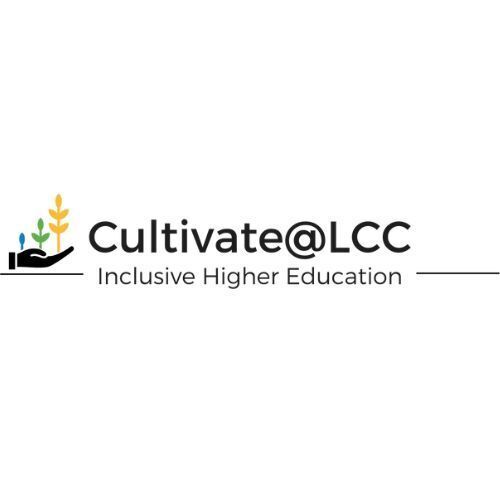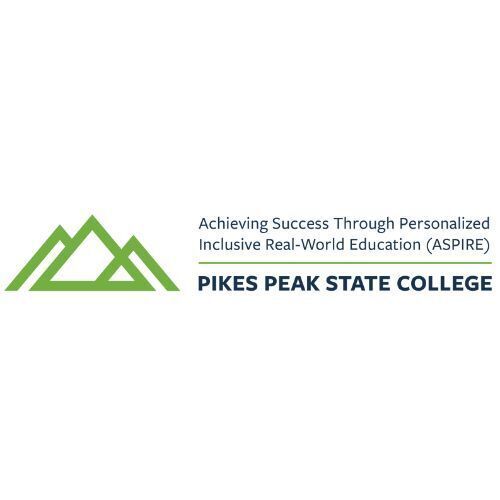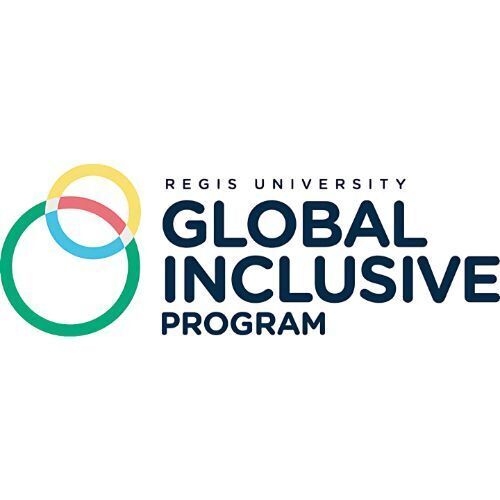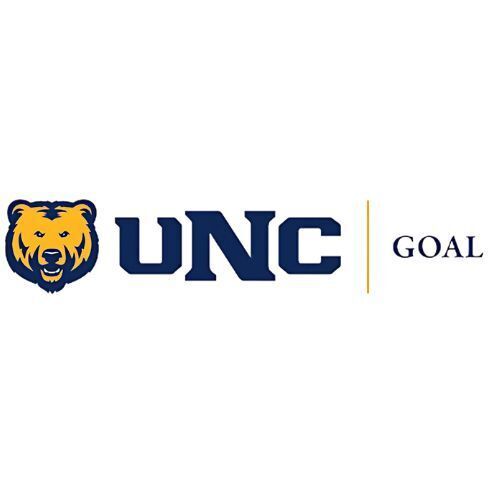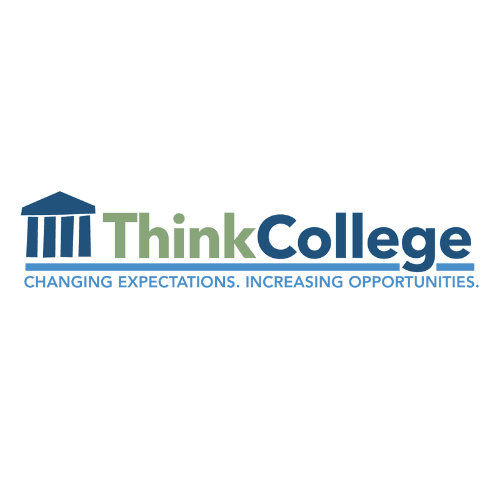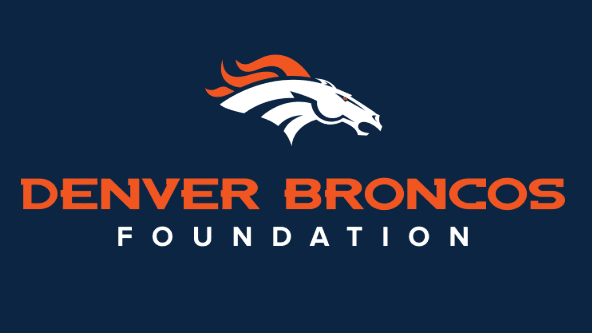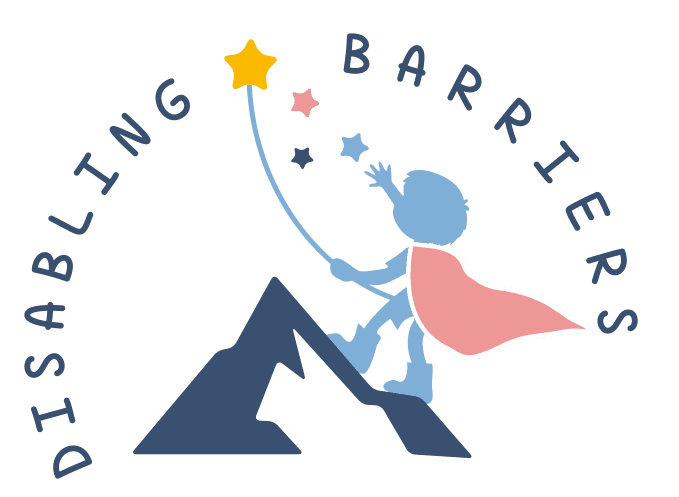For Students
Hey, future college student! We are glad you are here.
In college, you are in charge of what you want to do. This means that you choose what you want to study and what kind of classes you take. You also choose what kind of job you want to have and what social activities you want to do with friends. When you need help, it is important to let others know what your needs are. But, there are many people who will be there to help you along the way! That's what inclusive higher education is made for.
Visit our Student Story webpage to hear students talk about their experiences in college.
How can I prepare for college?
Getting support in college is a little different than high school. In college, you are the one who has to ask for help when you need it. That's why practicing self-advocacy is so important! Here are some ways you can practice self-advocacy:
- Work on making choices independently and speaking up about what you want
- Practice talking about your disability and what kind of support you need
- Come up with ways to keep a schedule, manage medications, and work on other independent living skills
- Use your IEP meetings to practice self-advocacy
In this video, college students with disabilities share their advice on other ways to prepare for college.
College Options
8 schools in Colorado offer inclusive higher education, and so do more than 350 schools across the country! Click the logos below to learn more about each one.
Finding the right fit
When thinking about college, try to think about:
- What do you want to study?
- Where do you want to live and work?
- How far from home do you want to go?
- What sort of activities interest you?
Steps to help decide which college is best for you:
- Tour each school.
- Chat with a current student.
- Get to know the inclusive office staff at each school. Set up a meeting or attend an open house!
- Not sure what kinds of questions to ask the staff? Use this resource as a place to start.
- Watch IN!'s Fall 2024 Webinar: "Choosing the Right Fit: Which IHE is Best for Me?" and review the slidedeck for additional resources.
For Families
Have a loved one who is considering going to college? You can help prepare them! To start, we encourage you to check out this resource guide and watch the video to meet some of the students with intellectual disability who have pursued college in Colorado.
How can I help my student prepare for college?
- Skills for college: Preparing for college includes skills for socialization, independence, self-advocacy, assistive technology, managing money, connecting with adult service agencies, and more. UCCS's Office of Inclusive Service has a Top 10 Tips Sheet which may help your student develop skills for college.
- Talking about college: Your student might not know college is an option. Or, they might be thinking about college but haven't shared that desire with anyone. Having an open conversation about college is a great place to start!
- Including college in the IEP: If your student wants to go to college, this should be part of their IEP. Talk to your student's team about specific skills that will help your student prepare for college. Try beginning with this resource from IN! or this resource from ThinkCollege to discuss which skills can become IEP goals.
- Conducting a college search: Explore the student section "Finding the Right Fit" above and assist where necessary. For additional resources, review ThinkCollege's guide to assist in conducting a college search.
- Shifting from advocate to advisor: A lot changes between high school and college, including the role of a parent. In college, the student is the primary advocate for their own needs. Students can ask parents for guidance, but ultimately the student is the one who will have to ask professors and others on campus for help!
Other Resources
- Monthly newsletter: IN! sends monthly emails with resources about college options for students with intellectual disability. We also share stories about current college students, upcoming events, and more. Join our mailing list.
- Webinars: IN! hosts webinars surrounding information on inclusive higher education in Colorado, including program overview, preparation strategies, and community resources. See all past webinar recordings or register for upcoming webinars here.
- Financial resources: We often receive questions about paying for college. Students with intellectual disability can access many of the traditional financial resources for college, but may also be able to use some disability-specific funding streams. Visit our financial resource page here.


